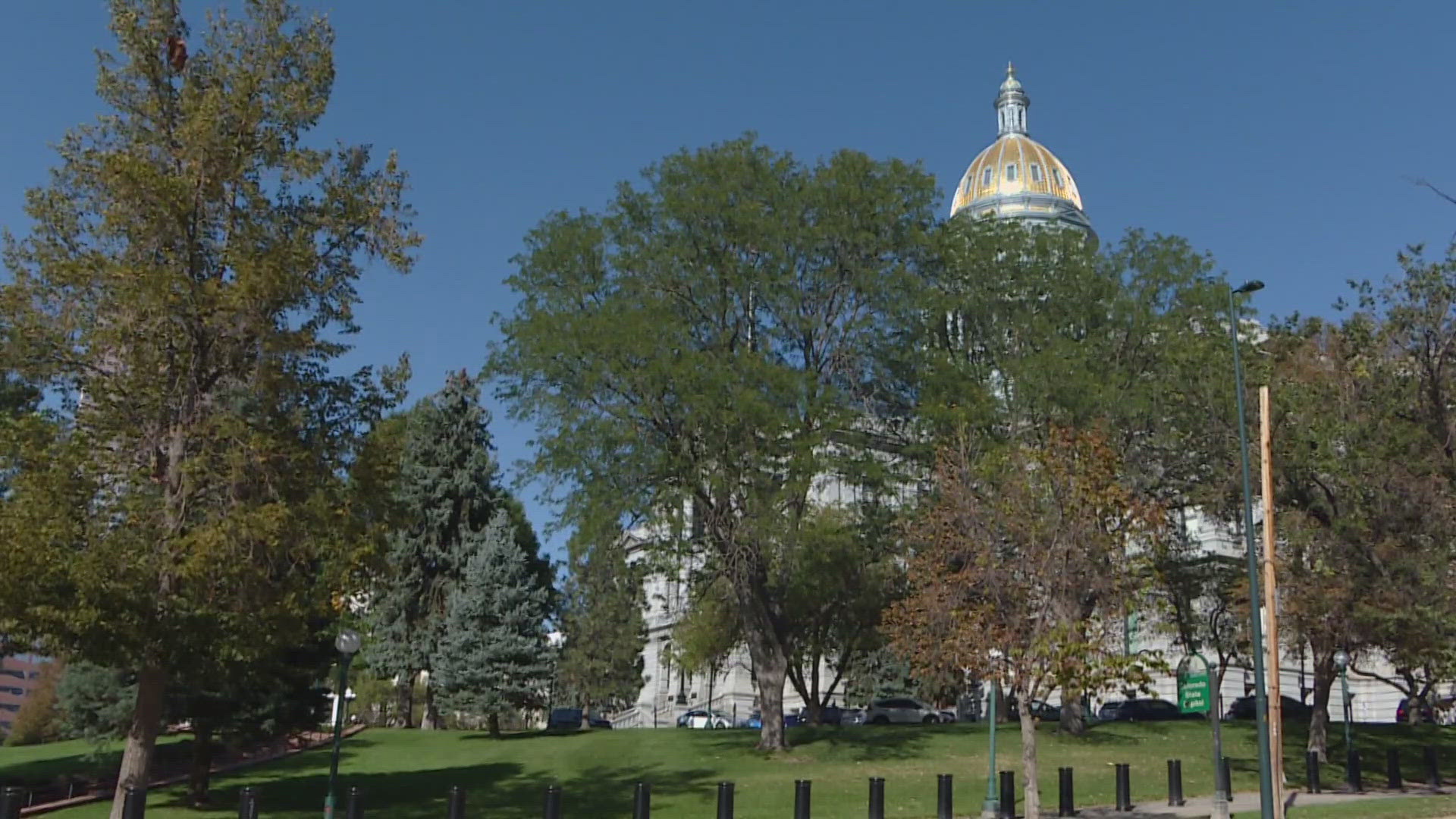COLORADO, USA — On Tuesday, Coloradans passed two amendments that would add rights to the Colorado Constitution. Amendment J removed a same-sex marriage ban from the Colorado constitution while Amendment 79 added abortion rights to it.
Advocates for the two measures celebrated their approval but understand the national election results can also have an impact on the two amendments.
"The passing of Amendment J, the timing couldn’t be better unless it had never been put in place but removing that is key," said Mardi Moore, executive director of the Rocky Mountain Equality Action Fund.
On Tuesday night, Donald Trump was elected to be the next president of the United States. Advocates for abortion and gay marriage rights fear the next administration may try to void the rights Coloradans just added to their constitution.
"There’s a real fear. Clarence Thomas was pretty clear after Roe v. Wade went down that Obergefell v. Hodges is on their list," Moore said. "Now with the appointment of Trump and the possibility of his administration appointing two Supreme Court judges, it will likely fall. It's just a matter of when."
But can the Trump administration really find a way to void these new Colorado constitutional rights? 9NEWS asked Attorney General Phil Weiser multiple times. He never said yes or no, but in a Zoom interview stressed he would continue to fight to protect Colorado rights.
"I have a job to do for the people of Colorado," Weiser said. "I am committed to doing that work, serving Coloradans, making sure we fight for freedom, that we preserve equality, advance the rule of law is core to my work and the work of our team and we’re committed to doing it."
Political expert and MSU Denver professor Sheila Rucki, Ph.D., made it clear someone can void these Colorado constitutional rights.
"Congress can pass laws on either of those issues. Under the Supremacy Clause of the U.S. Constitution, those federal laws would void Colorado's constitutional protections," Rucki said. "If Congress were to pass or President Trump were to sign laws that contradicted either of those Colorado constitutional amendments, the attorney general in the state of Colorado would then take that to court and Congress, the federal government, would have to defend its laws under the doctrine of preemption and ultimately, my guess, is that it would go all the way to the Supreme Court."
Currently, there is a federal law that protects gay marriage rights and advocates hope they remain. While supports of Amendment 79 and Amendment J are celebrated this week, they do it cautiously.
"We have much more work to do in the LGBTQ community," Moore said. "It's going to be harder. Last night’s [presidential] election made that much harder."

